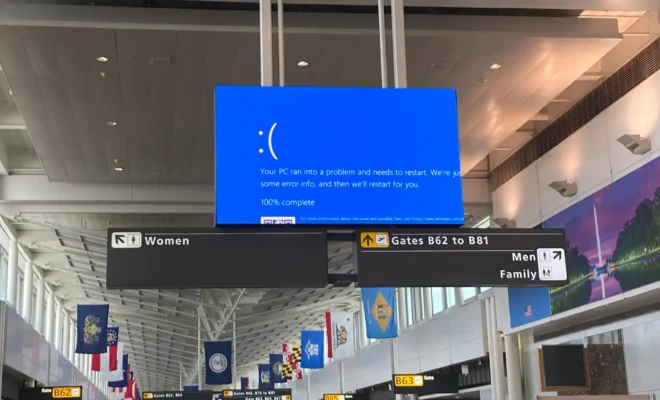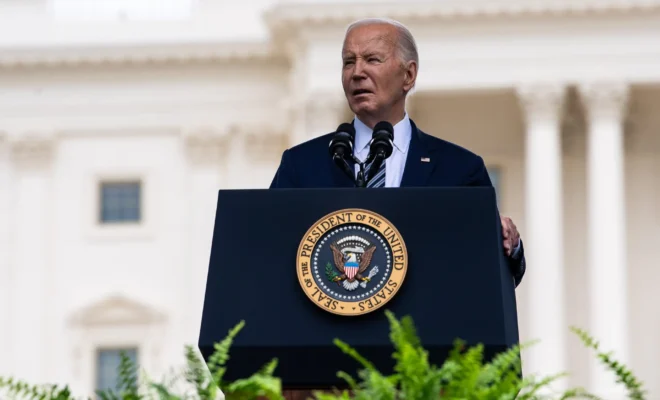The Biden Justice Department is facing criticism from media watchdogs on both sides of the aisle following the FBI's seemingly outrageous raid on James O'Keefe's home.
First, some background: The FBI conducted multiple controversial raids in early November on residences belonging to individuals affiliated with Project Veritas. Eventually, armed agents arrived at O'Keefe's apartment with a battering ram. During their raid, officers left the investigative journalist handcuffed and in his underwear.
The raids, and their lack of discretion, stemmed from a fringe website's publication of multiple pages of a diary that reportedly belonged to Ashley Biden, the president's daughter.
Project Veritas did not publish any excerpts of the diary after not being able to verify its authenticity. A “whistleblower” at another news organization which also declined to publish the diary, went to another website that did publish it.
For its part, Project Veritas tried to return its copy of the diary to a lawyer for Ashley Biden but was rebuffed.
Throughout the ordeal, the outlet says it also cooperated fully with the Department of Justice in its investigation by, as O'Keefe said, “voluntarily convey[ing] unassailable facts that demonstrate [its] lack of involvement in criminal activity and/or criminal intent.”
The Washington Post further reports:
Harmeet Dhillon, a lawyer for Project Veritas, emailed, “Project Veritas does not know how National File obtained the materials it published. Project Veritas does not employ the person National File has publicly suggested is the whistleblower.” (Pappert maintains his organization hasn't suggested the identity of the whistleblower.)
So were the feds justified in conducting the raids? Project Veritas says no — that it was engaging in First Amendment newsgathering activities that should be protected from “heavy-handed tactics” (per its filing). “It appears journalism itself may be on trial,” O'Keefe said in the Nov. 5 video.
Such activities do enjoy protection under federal law. The Privacy Protection Act (which Timm cited in his tweet) passed into law in response to the landmark case Zurcher v. Stanford Daily, in which the Supreme Court ruled that it was constitutional for police to search a newspaper's materials in a hunt for evidence of criminal wrongdoing. The law sought to correct this outrage, prohibiting searches and seizures of “any work product materials possessed by a person reasonably believed to have a purpose to disseminate to the public a newspaper, book, broadcast, or other similar form of public communication.”
Note the law's agnosticism regarding whether the target may or may not qualify as a “journalist.” It applies to any person — whether O'Keefe or Bob Woodward — who's out to disseminate information. Which is to say, it protects acts of journalism, even when they're executed by people whose journalistic credentials may be iffy.
Keep in mind that's the take from The Post's liberal media critic, Erik Wemple. It appears—even to him—that the FBI's raids amount to unjustified retribution.
Unless the agency can produce some compelling evidence.
But so far it hasn't, as a federal judge ordered the DOJ to stop extracting data from O'Keefe's cell phone.
This story is developing. Stay with American Liberty News for the latest updates.

































